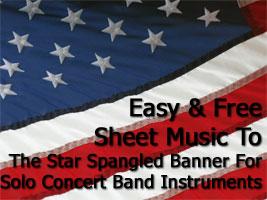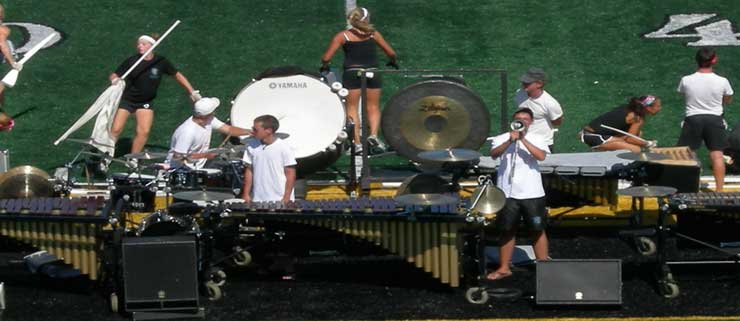 As a high school orchestra teacher, I am constantly solicited for ensembles to perform at school and community events. Unfortunately they are too numerous for me to bring my chamber orchestra or fiddle ensemble to each one. As a solution, I have established smaller string quartets, duos and quintets to represent our school orchestra program at induction and award ceremonies, local business and community events.
As a high school orchestra teacher, I am constantly solicited for ensembles to perform at school and community events. Unfortunately they are too numerous for me to bring my chamber orchestra or fiddle ensemble to each one. As a solution, I have established smaller string quartets, duos and quintets to represent our school orchestra program at induction and award ceremonies, local business and community events.
This becomes an opportunity for students to participate in community service and in some cases to earn a modest income performing music. Here are some suggestions for those of you interested in establishing small ensembles within your own orchestra program.Â
Allow potential string quartet students to choose their own ensemble members. Sometimes we may want to put the strongest players together in a quartet, however, it is important that students experience making music with their friends. I have found that a weaker member in a group will rise to the occasion when encouraged by her peers.Additionally, when students form ensembles with friends, they enjoy practicing together on their own and traveling to and from performances together.
Help students find appropriate repertoire and organize it well. In order to set students up to win, I often provide them with a collection of music to start out. They can initially borrow my "gig books" for events, and ultimately will invest in their own music as time goes on. Consider these titles as great starter material for any library:
A terrific starting quartet book is the First Quartet Album for Strings arranged by Harvey S. Whistler. This book is in score format where all students can see each other's parts. The selections are graded from easy to intermediate and are presented in such a way as to help students learn to play as a nensemble.
Asa next step, I recommend Lynn Latham's collections of arrangements for string quartet. Other sources of music include the Album of Easy String Quartets published by Alfred, arrangements of rock string quartets, and free string quartet sheet music of varying proficiency levels available online.
It is critical that you help your students compile music appropriate to their level -otherwise they may experience frustration or boredom and discontinue making music together.
Coach students to get them started. Meet with the string quartet for their first few rehearsals. They need to learn small ensemble habits, for example, how to listen to one another and balance;how to offer constructive criticism; how to assist a member who gets lost in the music; and how to know when a piece is ready for performance.
Book several initial gigs and attend for moral support. Students always focus more when they have a deadline, so help your students line up initial performances. Places to explore might be a local coffee shop, the public library, a local art gallery,and school PTA/board meetings. When you attend, strive to be an observer and allow the focus to be on the students. Afterward you can offer them suggestions for the next event and encourage them to take ownership of the ensemble.
 String quartets offer students an opportunity to have fun making music with friends,and serving their school and community.
Â







 Scroll down to view the comparison chart of over a dozen different portable digital audio recorders.
Scroll down to view the comparison chart of over a dozen different portable digital audio recorders.